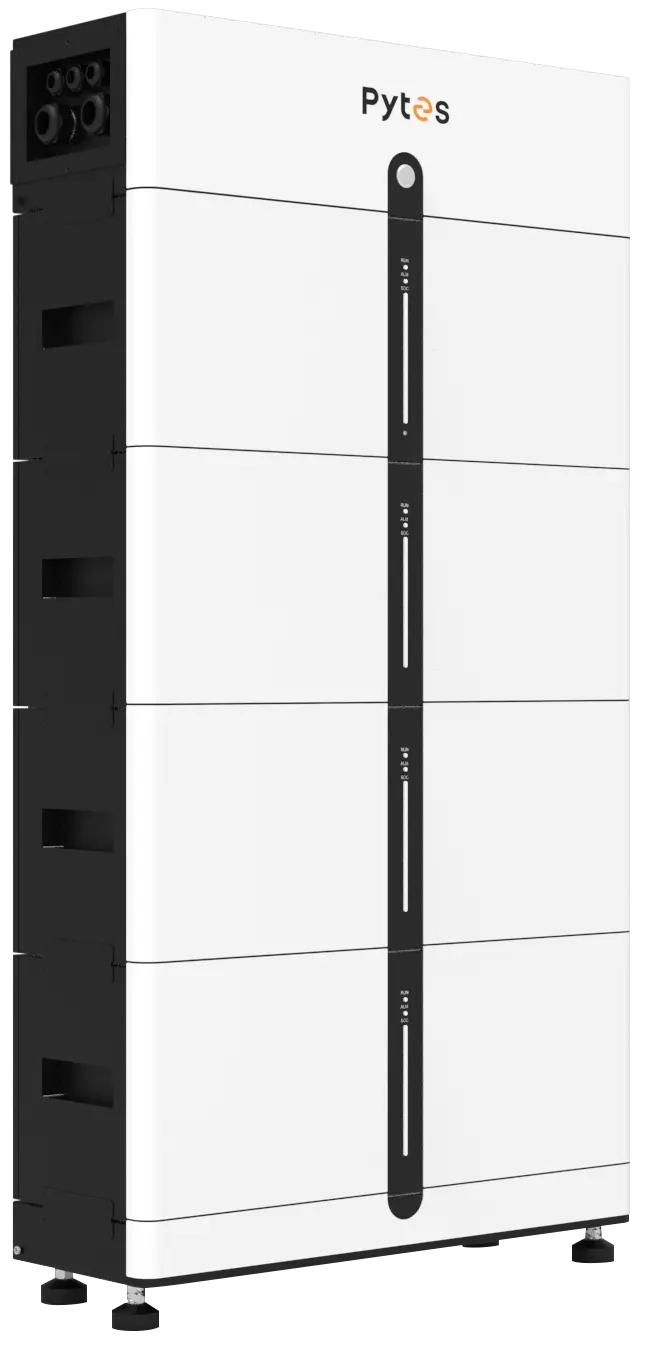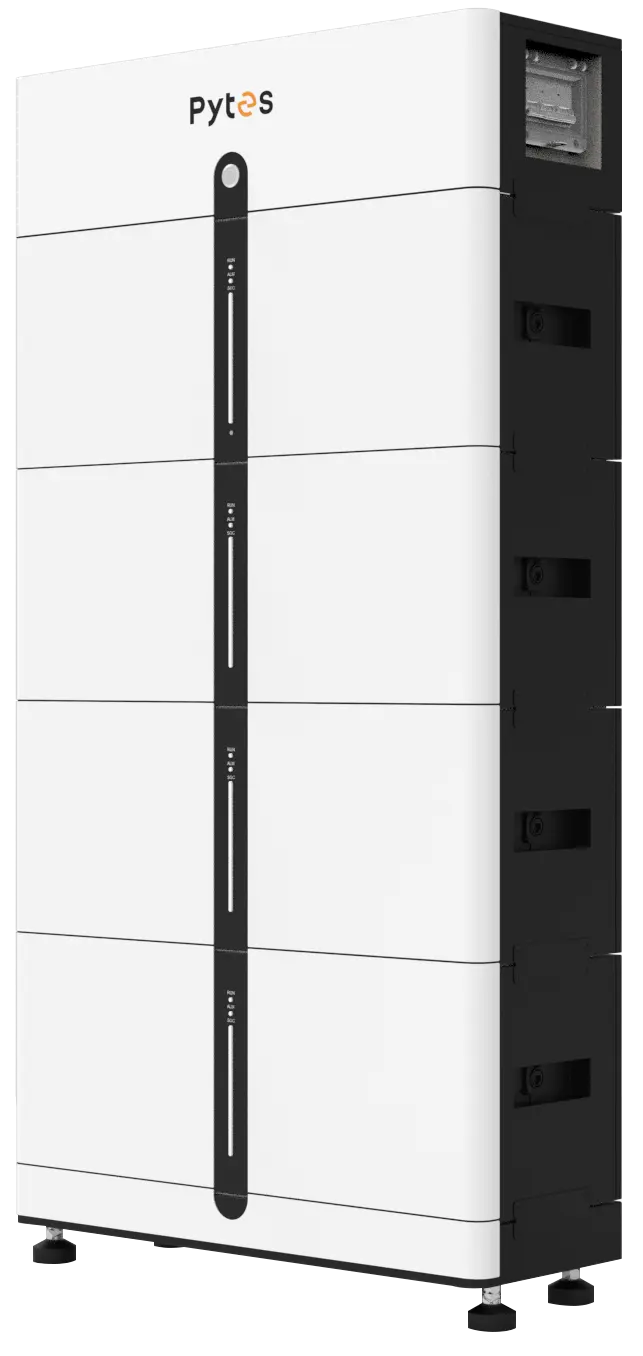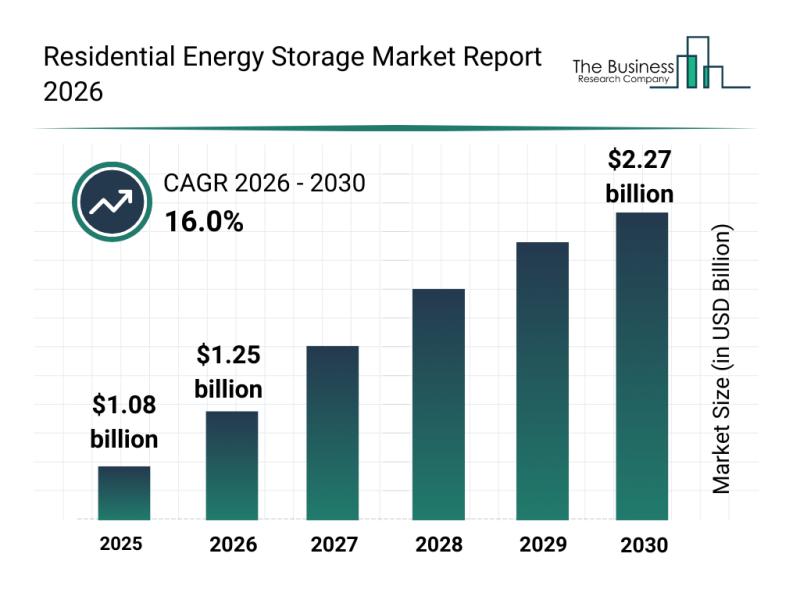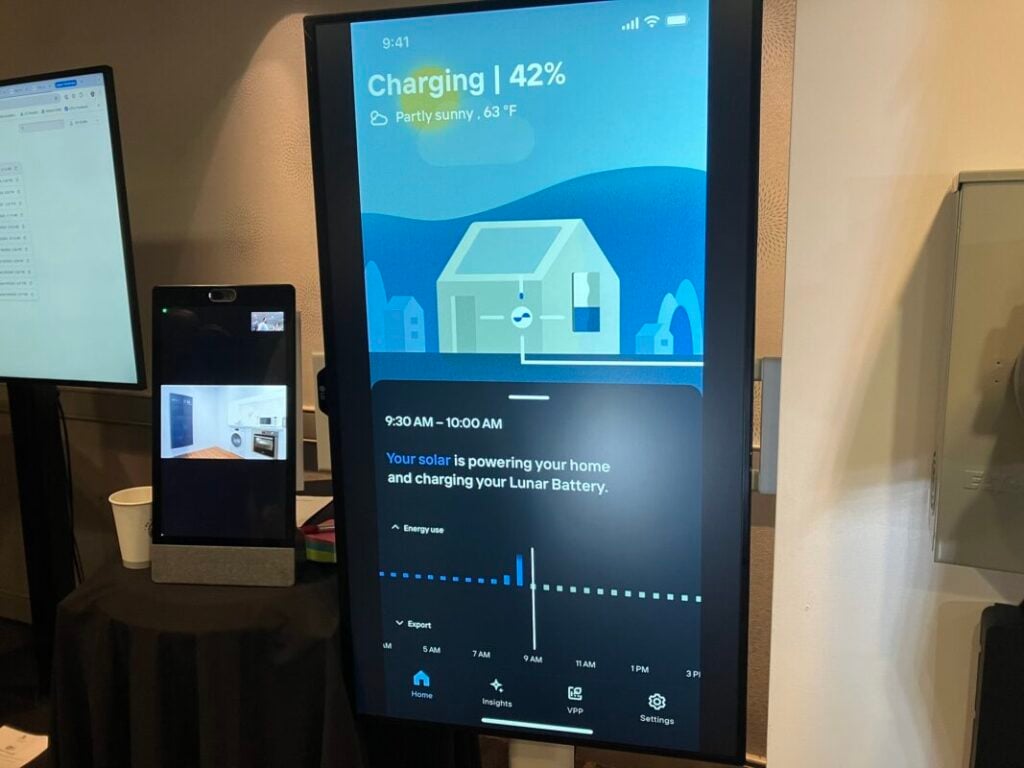As the global energy landscape evolves and more homeowners seek sustainable, self-sufficient lifestyles, the concept of energy independence is no longer a futuristic dream—it's an achievable goal. One of the key technologies enabling this transition is residential battery backup systems, which allow homeowners to store electricity for use during grid outages, high-demand periods, or peak pricing hours, offering both peace of mind and long-term cost savings.
In this blog, we'll explore five advantages of residential battery backup systems in achieving true energy independence.
One of the benefits of a home battery backup system is its ability to provide seamless power continuity during power outages. When the grid goes down or an extreme weather event occurs, the battery backup system kicks in to power essential appliances and devices in your home, ensuring the comfort and safety of you and your family. This uninterrupted power source can be a lifesaver in an emergency, allowing you to maintain essential functions such as lighting, heating, cooling and communications.

Battery backup systems not only provide emergency power, they also help homeowners save money on their electric bills. One of the smartest strategies they support is load shifting, which means storing power when electricity prices are low and using it when prices are high. In areas with time-of-use (TOU) pricing, electricity rates vary depending on the time of day. Battery storage systems can effectively lower your electric bill by allowing users to charge during off-peak hours when electricity prices are low (or use solar panels during the day) and use the stored power during peak hours. Even for homes without solar panels, a battery system can help optimize energy use and significantly reduce monthly electric bills. In the long run, this cost-effectiveness will directly contribute to long-term financial sustainability and increase a household's independence from fluctuations in the energy market.
Solar + Storage: The Ultimate Energy Independence Package
If you already have solar panels installed or plan to install them, a home battery backup system is ideal for you. Solar panels by themselves only generate electricity when the sun is shining, and usually stop working for safety reasons when the grid goes down. However, when used in conjunction with batteries, your system becomes a fully functional off-grid energy source that allows you to store excess solar energy during the day and use it at night or during a power outage. Not only does it ensure that you are producing renewable energy, but it also maximizes its utilization within your home rather than sending it back to the grid at a lower reimbursement rate.
In contrast to gas-powered generators, battery backup systems offer a green energy solution. Most are powered by lithium-ion or lithium iron phosphate (“LFP”) batteries, which emit a high level of energy. Most are powered by lithium-ion or lithium iron phosphate ( LFP) batteries, which emit no pollutants, produce no noise, and require minimal maintenance.

Achieving grid independence and increasing the resilience of household energy supplies are key aspects of energy independence. Residential battery backup systems provide a level of self-sufficiency that puts homeowners in control of their energy needs and reduces the likelihood that they will be affected by external disturbances. Whether it's a localized outage, grid failure, or unforeseen circumstances, installing a battery backup system ensures that you are able to maintain a steady supply of electricity and stay connected to essential services. Grid independence and resilience are important components of a homeowner's comprehensive energy independence strategy.
A. Compact design, flexible expansion
With its compact design, the Pytes Pi LV1 is ideal for homes with limited installation space. Users can easily stack the battery modules to expand the backup capacity up to 30.72kWh, ensuring sufficient power supply even during long power outages. In addition, the Pi LV1 is powered by a non-safety Lithium Iron Phosphate (Li-FePO4) battery with a ruggedized casing and a field-proven modular BMS system to ensure safe operation and stable performance.
B. Plug and Play, Efficient Installation
To address the pain point of long installation time and complicated operation, Pi LV1 adopts a plug-and-play design with convenient quick connectors, eliminating the need for manual wiring and greatly simplifying the installation process. The whole machine is lightweight and compact, and users can complete the installation within 15 minutes, which greatly improves the installation efficiency.
C. On-demand Expansion and Flexible Configuration
The modular design of Pi LV1 supports on-demand configuration, with a single stacking capacity ranging from 10.24 to 30.72kWh, expandable up to 122.88kWh, which meets the needs of different households or small commercial scenarios and ensures that the energy storage system is scalable in the long term.
D. Intelligent Monitoring, Remote Upgrade
The matching intelligent monitoring system can realize real-time operation status view, allowing users to easily grasp the operation of the battery system. Meanwhile, it supports remote upgrade function, so that users can get the latest system optimization without manual intervention, which reduces the after-sale maintenance cost and prolongs the life of the system.
E. Outdoor application, strong protection performance
The Pi LV1 is IP55 certified and has excellent waterproof and dustproof capabilities, making it suitable for a wide range of indoor and outdoor environments. It maintains efficient and stable operation in all climatic conditions, ensuring the safety of the backup power system.
F. Powerful Output, Higher Efficiency
The Pi LV1 supports up to 6 battery modules stacked to achieve a continuous output of 14.08kW and an instantaneous output of 25.6kW, which meets the operational needs of high-power equipment and improves the efficiency of energy use to reduce electricity costs.

In conclusion, residential battery backup systems offer many benefits that can help homeowners achieve energy independence and embrace a sustainable, more resilient energy future. From ensuring seamless power during power outages to cost savings and increased grid independence, residential battery backup systems are an important investment to safeguard your energy needs. By leveraging the power of residential battery backup systems, homeowners can take a more proactive approach to energy independence and contribute to a more sustainable, more resilient energy landscape.
Solar Energy + Stack LV Batteries System: Creating Efficient Clean Energy Solutions


